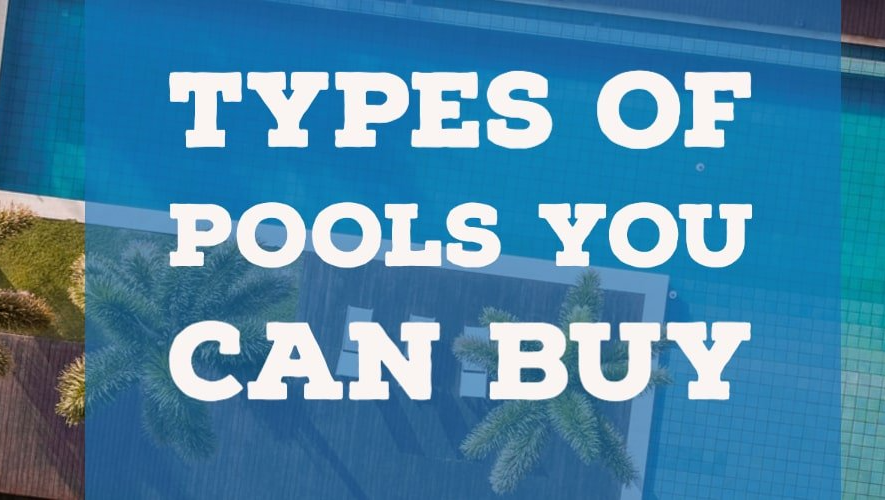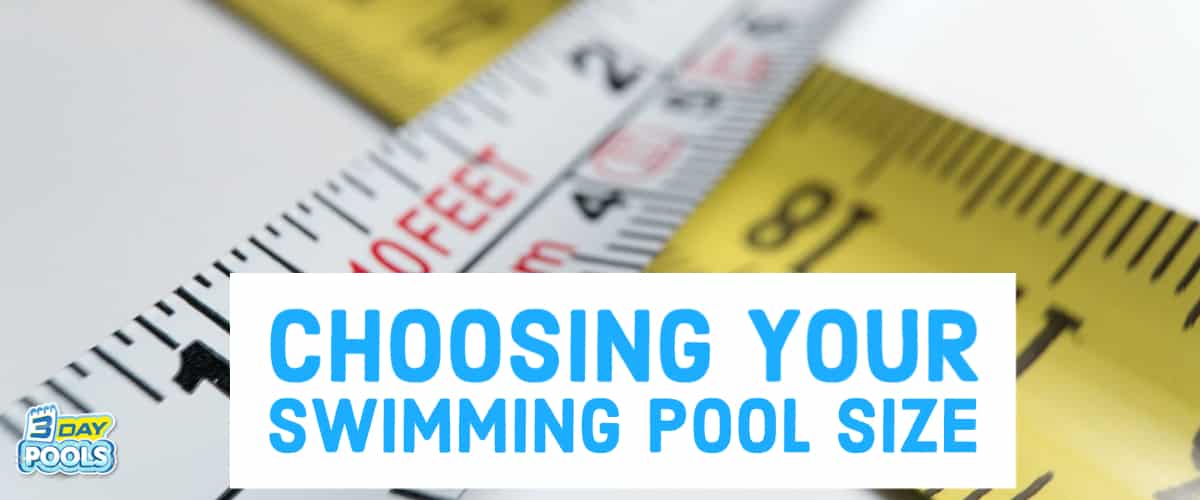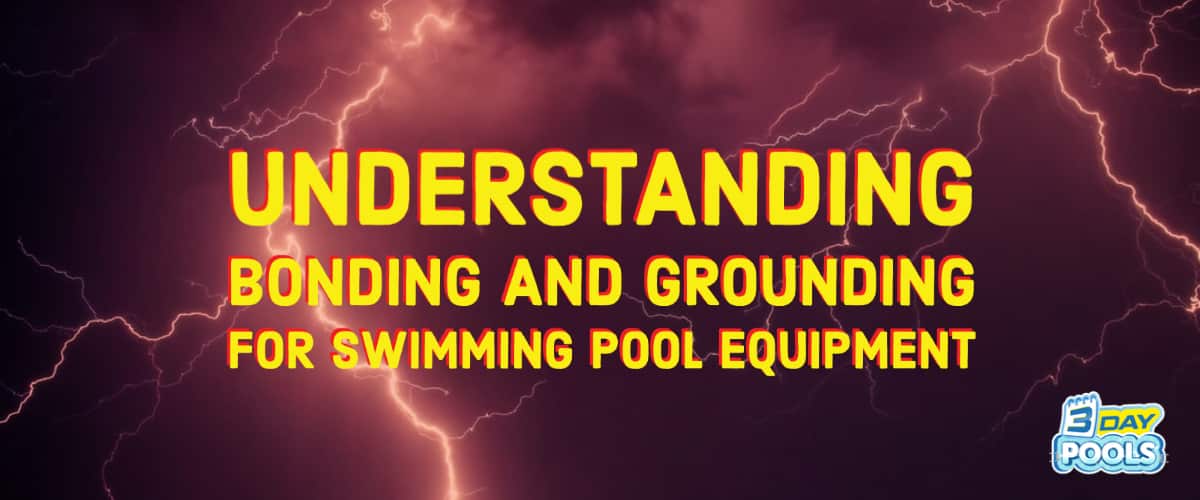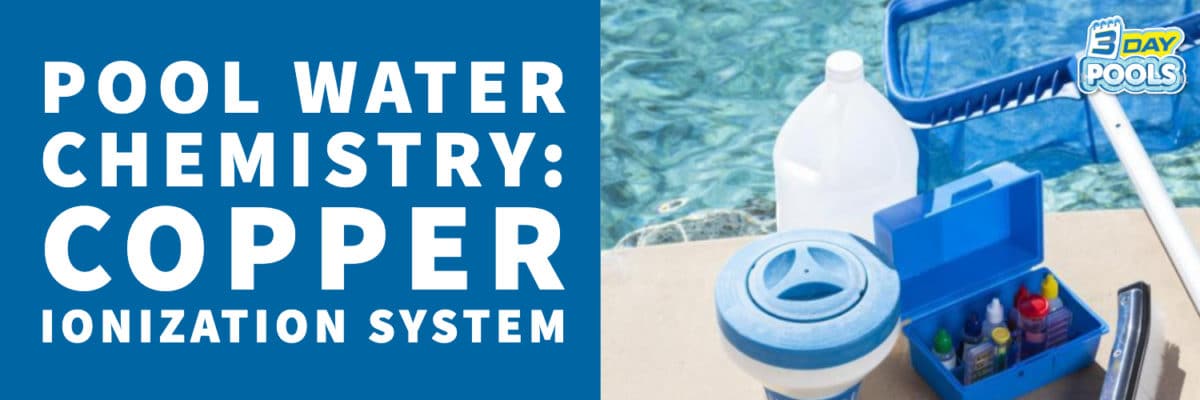416-268-4493
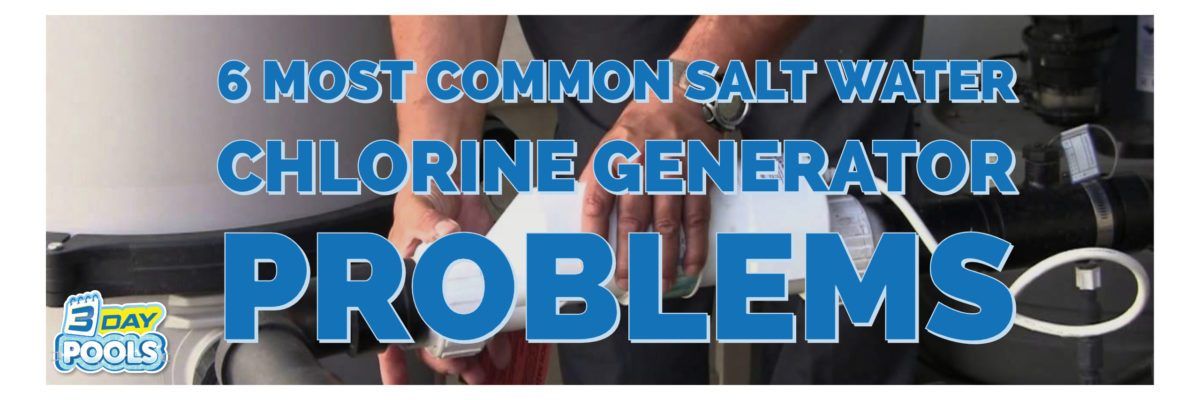
What are the Six Most Common Salt Water Chlorine Generator Problems
3 Day Pools has always been a big fan of salt water chlorine generators second to a mineral ionization water system.. more about that later.
That said, no perfect system exists whether it’s salt, ionization, ozone UV or basic chlorine it’s always personal preference and budget.
This article to assist you with knowing the facts about Salt Water Chlorine Pools and there common problems.
It’s important to discuss the issues we’ve encountered. Most haven’t involved the salt water systems themselves, but the effects they’ve had on other pool components.
1. Skin & Eyes Irritations – Why PH is so Important
Ever get burning eyes when jumping into a Salt Water Pool? It might not be the salt chlorinator at all, it could be just an unbalanced pool chemistry. Without getting into it in detail, (that’s for another article). Too high or too low PH levels could cause eye and skin irritations. Maintaining the level 7.2 – 7.8 is ideal for Salt water pools.
Total alkalinity refers to how much alkaline is in the water. TA and pH go hand-in-hand. High alkaline water leads to high pH. Low alkaline water leads to low pH. That the average swimming pool should have an alkalinity reading of 100 ppm.
2. Corroded Handrails and Ladder Anchors
High salinity levels in the water can cause galvanized deck anchors to prematurely corrode. Typically, within 4-5 years after the installation of a salt system, galvanized deck anchors corrode so badly it’s difficult or impossible to remove the handrail or ladder.The solution is to use brass anchors instead of galvanized steel. If you’re planning to install a salt system on an existing pool with galvanized deck anchors, you should treat them with a corrosion inhibitor to slow the deterioration process. If you’re having a new pool installed, ensure the contractor uses brass anchors.
3. High Chlorine
The greatest benefit of salt water systems is that you get all the advantages of a chlorine pool without the negative effects, meaning no strong odour, stinging eyes, disintegrating bathing suits, or funky hair colour.
Disadvantages include the system generating high levels of chlorine in the pool without your knowledge. This can adversely impact the pool shell, equipment, etc. To avoid this, regularly test chlorine levels on a weekly basis.
4. Cell Replacement
Although salt chlorinators generally cost less than typical chlorine usage, the cell, the generator component that converts salt to chlorine, will fail. You need to consider that the cost replacing the cell may negate savings up to that point.Typical cell replacement costs about $800–$1200, with an average life expectancy of 3–6 years dependent on annual maintenance and cleaning.While there are numerous benefits to salt chlorine systems, cost savings may not be one of them.
5. Affects Auto Covers
Salt water chlorine generators affect the metal components of automatic covers. Since many major components of automatic pool covers, including the hardware, track system, the tube the cover rolls up on, and the leading edge are all metal. Regularly rinsing the components with fresh water from a garden hose is the best way to prevent premature corrosion of these components.
6. Corrodes Vinyl Liner Pool Walls
This affects both in-ground and above ground vinyl liner pools with metal walls. Fortunately, most vinyl pool builders today use polymer/plastic walls, so this doesn’t present much of a problem with new construction of liner pools.Planning to build a vinyl liner pool with a salt system, avoid metal walls. Where above ground pools are concerned, the low-maintenance advantages of salt water chlorine generators may be lost by the effect salt water has on the pool’s metal wall structure.
If you compare the difference in corrosion levels of above ground vinyl liner pools with and without salt water systems, there will be a significant difference in the levels of corrosion on the walls after only a short period of time.
It really depends on how long you want your pool to last. You can expect to get 8–12 years out of an above ground pool with a salt system, but 14–20 years without one. Almost the same for inground vinyl liner pools.Considering all these issues, it’s important to ask yourself if the benefits of salt water chlorine generators outweigh the negatives. We feel the answer is yes.
Of course there are situations where salt chlorine generators simply won’t be the best alternative. But for the majority of pool owners in our region, the superior water quality and low maintenance offered by salt water pools can’t be surpassed.
OUR RELATED SWIMMING POOL TOPICS
Pool & landscape products specifications are believed to be accurate at the time of original publication.
Viewers should verify specifications & installation requirements with the installing dealer or manufacture’s manual rather than relying on information on this website, which is not intended to be a final specification.

